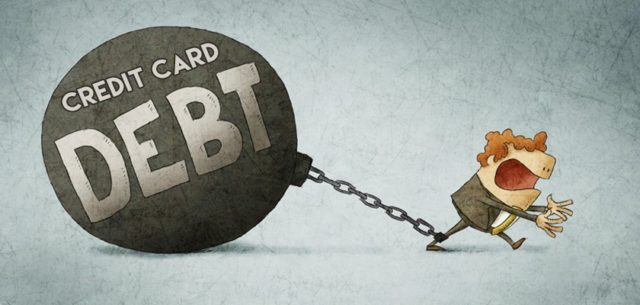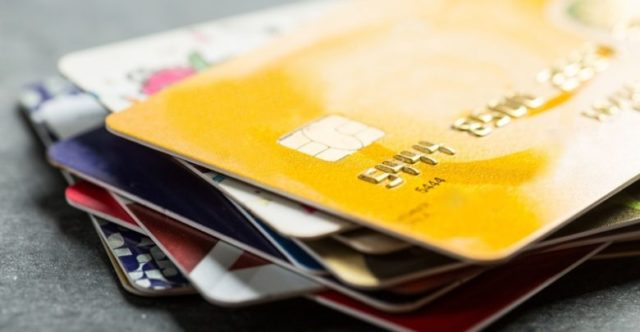The correct use that should be given to credit cards depends on the level of responsibility we have with the management of our finances. It is important to prioritize the needs and determine which ones can be covered with this financial instrument. It is an indispensable requirement for the proper use of credit cards the discipline we have for expenses and responsibility for the debts we assume.

Some people use credit cards as a form of financing, but sometimes it becomes a problem that they cannot handle. This financial instrument can be very useful and become an ally or a nightmare, depending on the user’s use. On the one hand, some people use it constantly either through promotions or the financing of certain products or services, and on the other hand, some lose control of their finances.
Obtaining a credit card must be the result of a self-assessment where the borrowing capacity that can be had must be measured. Depending on that analysis you can choose what suits the ability to pay. For this it is necessary to get advice to know: How much is the limit of the card; at what time the fee and cut dates are canceled; what interest rate they charge and the additional benefits it has.
Once you have chosen the card that best suits the financial profile, you should learn how to use them, not only because of the advantages it has but also because it will help you have a good credit history.
Practical recommendations to follow for the proper use of the credit card
- Identify the basic data: the main thing to receive a credit card is to know your cut-off date, payment date and the credit limit granted.
- Make your consumption after the cutoff date: If you have several cards, you can plan your consumption to use them. After the cut-off date, it is the most recommended for its use since it will give you more payment time in the consumption you make.
- Pay before your payment date: it is the way to show responsibility. Place an alert on your phone or take note of the date and keep it in mind so that days before the date you make the corresponding payment.
- Pay a little more than the minimum amount required: it is advisable to pay more than the minimum amount established for the month. This creates a good perception of the bank and makes you understand that you are responsible for your debts and that you also have a good ability to pay. If instead you only pay the minimum amount, you will make the bank understand that your ability to pay is limited.
- Keep track of your payments: you should always check your account statement to certify that the transactions reflected some have been made. For this, it is necessary to save all the vouchers to verify them.
- Avoid withdrawing cash: do not use this financial tool to obtain cash unless it is extremely necessary since the cost would be more expensive for the interest rate applied for this type of use.
- Do not exceed 3 cards: what matters is not the number of cards you have, but the credit limit that all of them add. In this case, it is essential to take into account the level of debt that can be assumed.

In this case, it is recommended to organize and use them:
- As a means of payment: you can use one of the cards for your consumption or current expenses, without financing, that is, you will turn off the total balance of the consumption on your payment date. This may be the card you use most frequently. This card will allow you to improve your credit history and the possibility that at any time the bank decides to increase the credit limit.
- To finance you: dedicate an exclusive card as a credit tool to acquire necessary expenses such as asset purchases. Keep in mind that there is a period of up to 36 months to pay them.
- For emergencies: it is recommended to always have a card for exclusive use in unforeseen cases that may occur. This card will be your best ally at the time of an emergency.
It is important to keep in mind that the use of the credit card represents a debt, this is not an extra income, it is money that a financial entity lends us. The success of its use will depend on the level of financial responsibility you assume, taking into account the ability to pay. The good use you give it will allow you to leverage financially and can become the best ally for the management of your finances and improve your quality of life.

